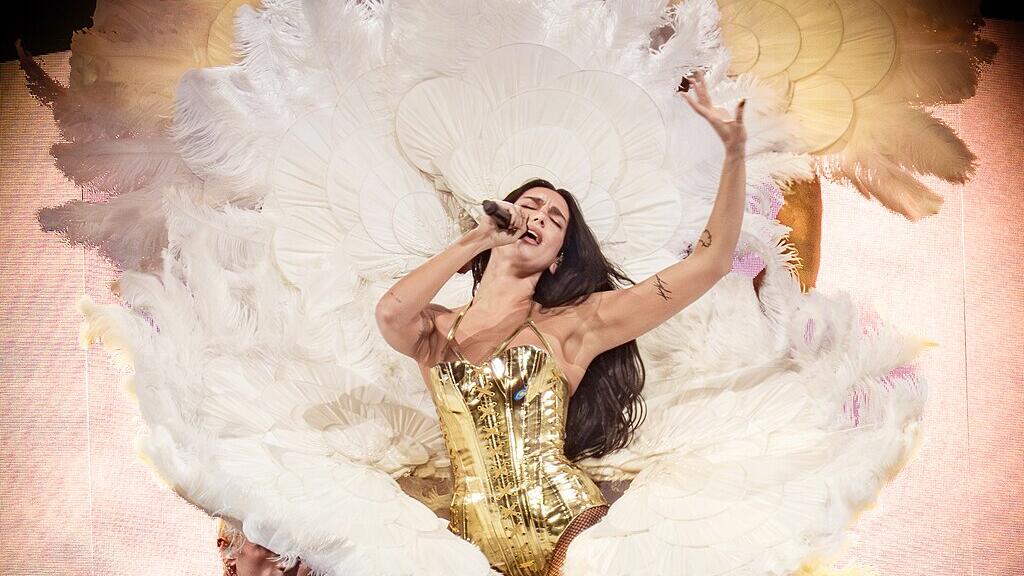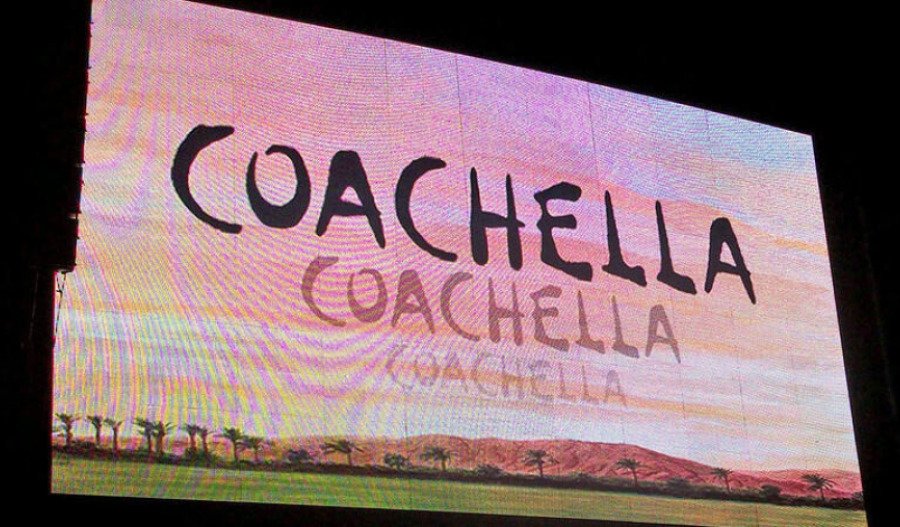The United Kingdom government will ban the resale of live-event tickets at above face value. The move will cover concerts, major sports and theatre.
Restricting ticket touts was one of Prime Minister Keir Starmer’s election pledges.
This follows fans complaining of massively inflated prices and artists like Sam Fender, Dua Lipa and Coldplay urging Starmer to protect fans from exploitation.
This led to a UK government enquiry beginning earlier this year, where a cap with an up to 30% markup was considered. The government decided against this, capping tickets at their original price.
Alongside capping tickets at the original costs, the U.K. government has also promised to take measures to cap extra fees to prevent the price limit from being undermined.
Analysis conducted for the government found that the move will make tickets £37 cheaper on average and save fans a collective £112 million per year.
The move also follows U.S. regulators reviewing bot-based ticket harvesting, with several investigations focusing on deceptive fee structures and inflated resale pricing.
For example, the average resale price for a ticket to Taylor Swift’s The Eras Tour was over US$1,000.
The Competition and Markets Authority found that tickets on the resale market are typically marked up by more than 50%.
The Department for Culture, Media and Sport (DCMS) will announce its intentions to end industrial-scale ticket touting.
While the move is supposed to protect fans, some in the ticket industry have argued it will move ticket resales to a darker corner of the internet and potentially expose fans to more fraudulent tickets.
Campaign Group FairTicketing wanted the plans could have “unintended consequences” and could lead to primary sellers hiking up prices more with dynamic pricing as demand surges.
"Far from curbing exploitation, this has simply shifted the burden onto fans at the point of initial sale," chairman Stephen Lee said.
"While we applaud efforts to tackle bad actors and bot-driven exploitation, we firmly believe that imposing a price cap would do more harm than good, exacerbating the very problems it aims to solve and undermining the benefits that a regulated secondary market provides to fans."
Related content



